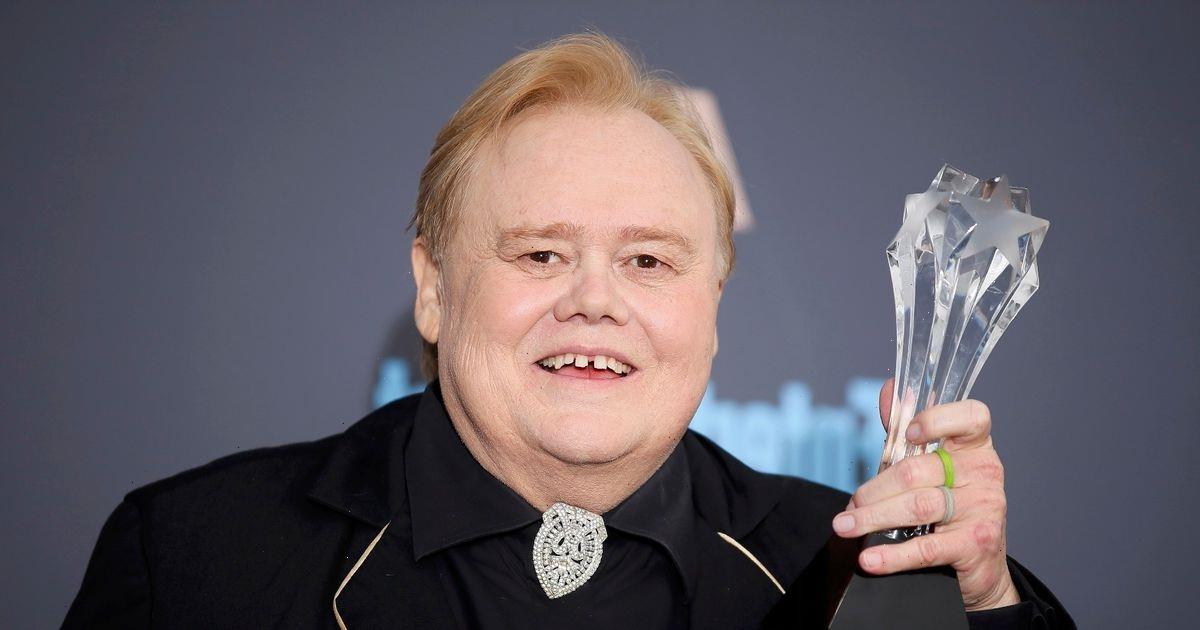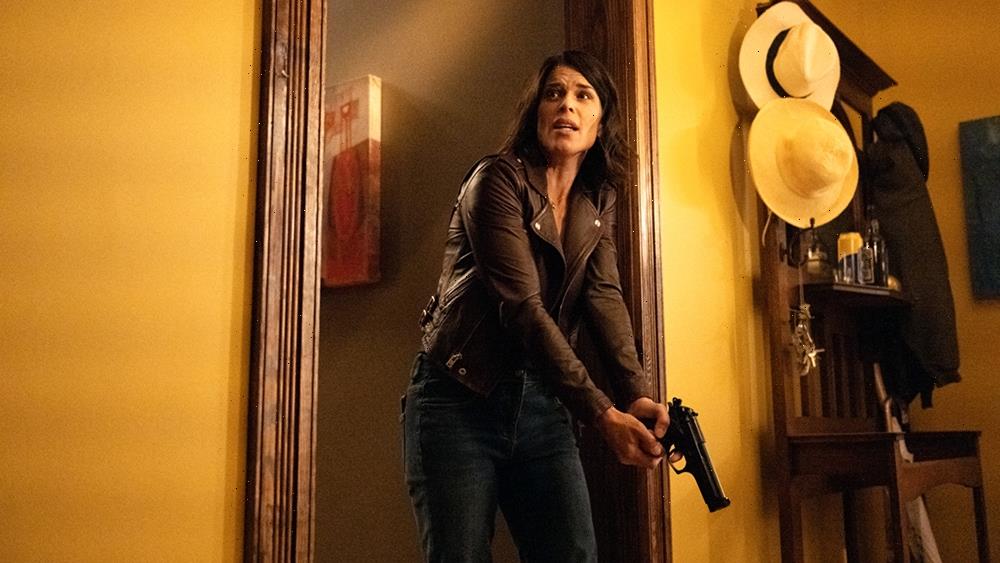Like its Park City counterpart, the Slamdance Film Festival has pivoted to an all-virtual affair this year, but it will now get underway Jan. 27, one week after Sundance, its proudly DIY spirit intact. The 28th edition of Slamdance boasts 23 premieres — 13 world, six North American and four U.S. debuts — and sections such as Department of Anarchy and Experimental Shorts, along with Blockchain Fairy Tales, a collaborative storytelling experiment.
“On one hand you can say it’s bad and disappointing when we cannot gather in Park City, but we see the good — the opportunity to reenvision what a festival can be, what Slamdance can be,” says Peter Baxter, Slamdance president and co-founder. “Our new Slamdance Channel, which will host the festival this year, fits into the bigger picture of a decentralized media future.”
Buzzy titles include Clay Tatum’s comedy “The Civil Dead” and Kristen Abate and Steven Tanenbaum’s existential drama “Straighten Up and Fly Right,” which is screening in the new Unstoppable Features category. Per usual for the festival, founded in 1995, films in competition are feature-length directorial debuts without U.S. distribution, crafted on budgets of less than $1 million. Festival alumni select the lineup, this year choosing the slate from 8,168 submissions.
Tatum’s film, which he co-wrote with Whitmer Thomas, involves a misanthropic struggling photographer who just wants to watch TV and eat candy while his wife is out of town. When a desperate old pal resurfaces, his plans are thwarted, with spooky consequences.
“Debuting at Slamdance is just cool. Whit and I view it like this: Our band gets to have our first show in the back of some DIY record store rather than at a high school talent show that’s sponsored by Acura,” Tatum says.
Filmmaker Mark Pellington will premiere “The Severing,” an experimental dance performance created in collaboration with choreographer Nina McNeely and Dutch cinematographer Evelin van Rei.
“I’d been making independent films in Hollywood for 20 years, and traditional narrative film was not the right vessel to share the story of loss I’d experienced and needed to express,” says Pellington, whose credits include the 1999 movie “Arlington Road.” Inspired by Wim Wenders’ “Pina,” Pellington was interested in conveying feelings through “a story of movement and text, rather than plot, capturing emotion and physicality on an experiential, nonlinear, entirely visceral level.”
The fledgling Unstoppable program, which debuted last year with a focus on short films by or about individuals with visible and non-visible disabilities, has been expanded to include feature films. Selected by members of that community, it’s intended to help eliminate the prejudices that have historically kept people with disabilities from being represented in the industry.
The Blockchain Fairy Tales program, a cutting-edge offering presented by Columbia University’s Digital Storytelling Lab, promises an immersive experience in which participants contribute elements to a broader narrative and can verify their work digitally.
“Blockchain Fairy Tales is exploring shifts in the ownership and authorship of stories,” says Lance Weiler, the lab’s founding director, who says decentralized technologies that run on blockchains can be leveraged to aid “the co-creation, funding and distribution of a story world made and owned by many.”
Additionally, festival alumni Anthony and Joe Russo (“Avengers: Infinity War”) will once again dispense their AGBO Fellowship, which provides a $25,000 cash prize, office space and mentorship from the Russos and their team. Angela Russo-Otstot, president of creative at AGBO, notes that AGBO and Slamdance are both artist-led organizations, which enables them to be allies and partners within the film business.
Notes Russo-Otstot: “AGBO wouldn’t exist if it weren’t for the unique platform and community that Slamdance provided the Russo brothers as they were finding their voice as filmmakers.”
Source: Read Full Article


